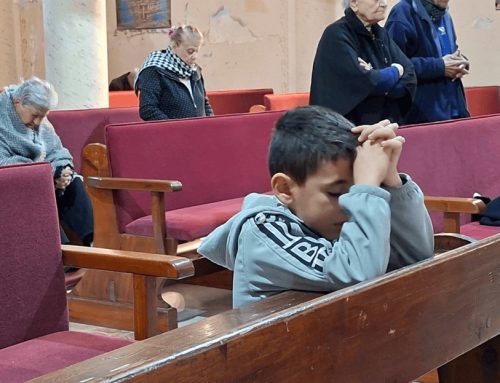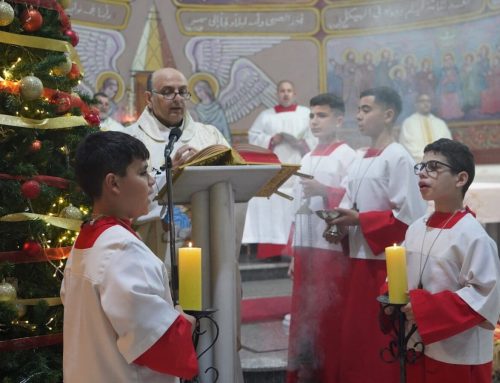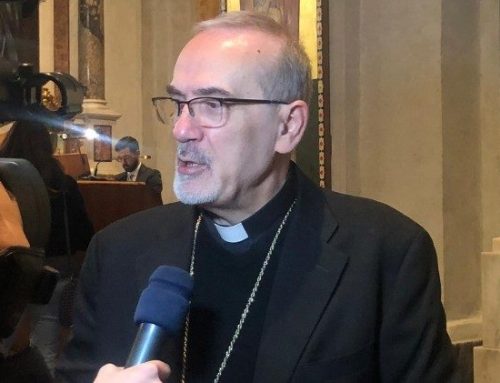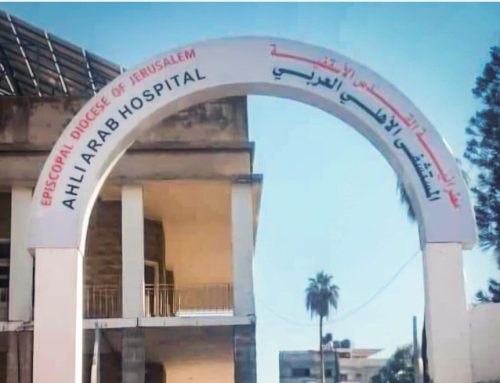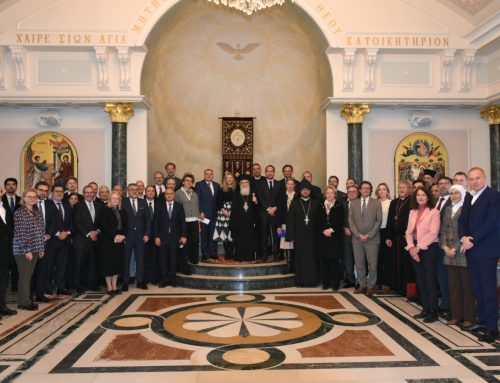Amman – Today, Tuesday, September 6, the XI General Assembly of the Council of Churches of the Middle East begins in Amman, with the participation of Leaders and representatives from all ecclesial realities in the Middle East. The meeting, which sees the Church of the Greek Orthodox Patriarchate of Jerusalem as host country, even Greek Orthodox Patriarch of Antioch, Yohanna X; Chaldean Patriarch, Louis Raphael I; emeritus Latin Patriarch of Jerusalem, Fouad Twal; Syriac Catholic Patriarch Ignace Youssif III; Greek Melkite Patriarch Gregoire III, and Coptic Orthodox Patriarch, Tawadros II will also take part.
The meetings and talks between Church Leaders and religious communities will focus on Middle Eastern Christians in the troubled region, and will also take into examination the need to promote dialogue and coexistence with Islamic communities, and relief efforts to refugees and victims of war implemented by the ecclesial communities. It will also assess which steps are necessary to urge the international community and global and regional powers to promote an end to conflicts in Syria and Iraq as soon as possible.
The Hashemite Kingdom of Jordan also claims its role as guardian of the Christian Holy Places, and attests again its concern to recognize the Christian presence as an essential and indispensable native element to the mosaic of peoples and religious communities who live in the Middle East. On Sunday, September 4 King Abdallah II, received Coptic Orthodox Patriarch Tawadros II and wanted to reiterate that Jordan is a model of “harmonious coexistence” between Christians and Muslims. During his first day in Jordan, Pope Tawadros inaugurated the Coptic Orthodox Monastery of St. Anthony in Madaba – whose foundation stone was laid by his predecessor Shenouda III in 2005 – and traveled to Mount Nebo, from where Moses had a vision of the Promised Land destined by God to the chosen people.
The Council of Churches of the Middle East, founded in 1974 in Nicosia and currently based in Beirut, has the purpose to facilitate the convergence of the Middle Eastern Christian communities on issues of common interest and help overcome confessional contrasts.
Source: Fides News


